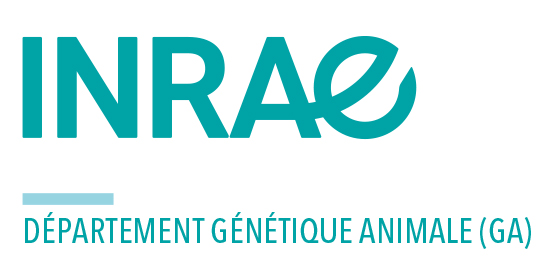Predicting male fertility from the sperm methylome: application to 120 bulls with hundreds of artificial insemination records
Résumé
Conflicting results regarding alterations to sperm DNA methylation in cases of spermatogenesis defects, male infertility and poor developmental outcomes have been reported in humans. Bulls used for artificial insemination represent a relevant model in this field, as the broad dissemination of bull semen considerably alleviates confounding factors and enables the precise assessment of male fertility. This study was therefore designed to assess the potential for sperm DNA methylation to predict bull fertility.
A unique collection of 100 sperm samples was constituted by pooling 2–5 ejaculates per bull from 100 Montbéliarde bulls of comparable ages, assessed as fertile ( n = 57) or subfertile ( n = 43) based on non-return rates 56 days after insemination. The DNA methylation profiles of these samples were obtained using reduced representation bisulfite sequencing. After excluding putative sequence polymorphisms, 490 fertility-related differentially methylated cytosines (DMCs) were identified, most of which were hypermethylated in subfertile bulls. Interestingly, 46 genes targeted by DMCs are involved in embryonic and fetal development, sperm function and maturation, or have been related to fertility in genome-wide association studies; five of these were further analyzed by pyrosequencing. In order to evaluate the prognostic value of fertility-related DMCs, the sperm samples were split between training ( n = 67) and testing ( n = 33) sets. Using a Random Forest approach, a predictive model was built from the methylation values obtained on the training set. The predictive accuracy of this model was 72% on the testing set and 72% on individual ejaculates collected from an independent cohort of 20 bulls.
This study, conducted on the largest set of bull sperm samples so far examined in epigenetic analyses, demonstrated that the sperm methylome is a valuable source of male fertility biomarkers. The next challenge is to combine these results with other data on the same sperm samples in order to improve the quality of the model and better understand the interplay between DNA methylation and other molecular features in the regulation of fertility. This research may have potential applications in human medicine, where infertility affects the interaction between a male and a female, thus making it difficult to isolate the male factor.
| Origine | Fichiers produits par l'(les) auteur(s) |
|---|
